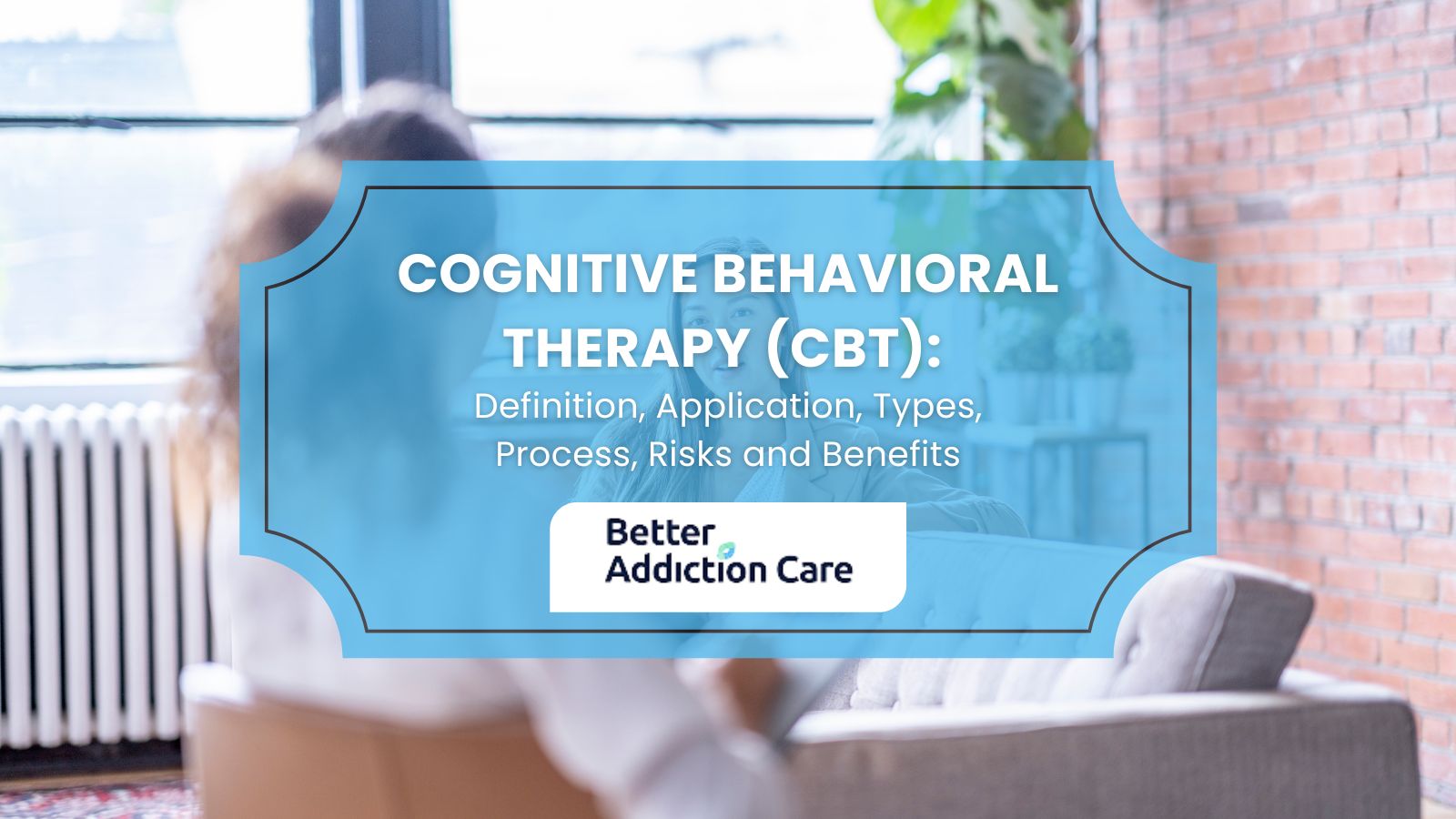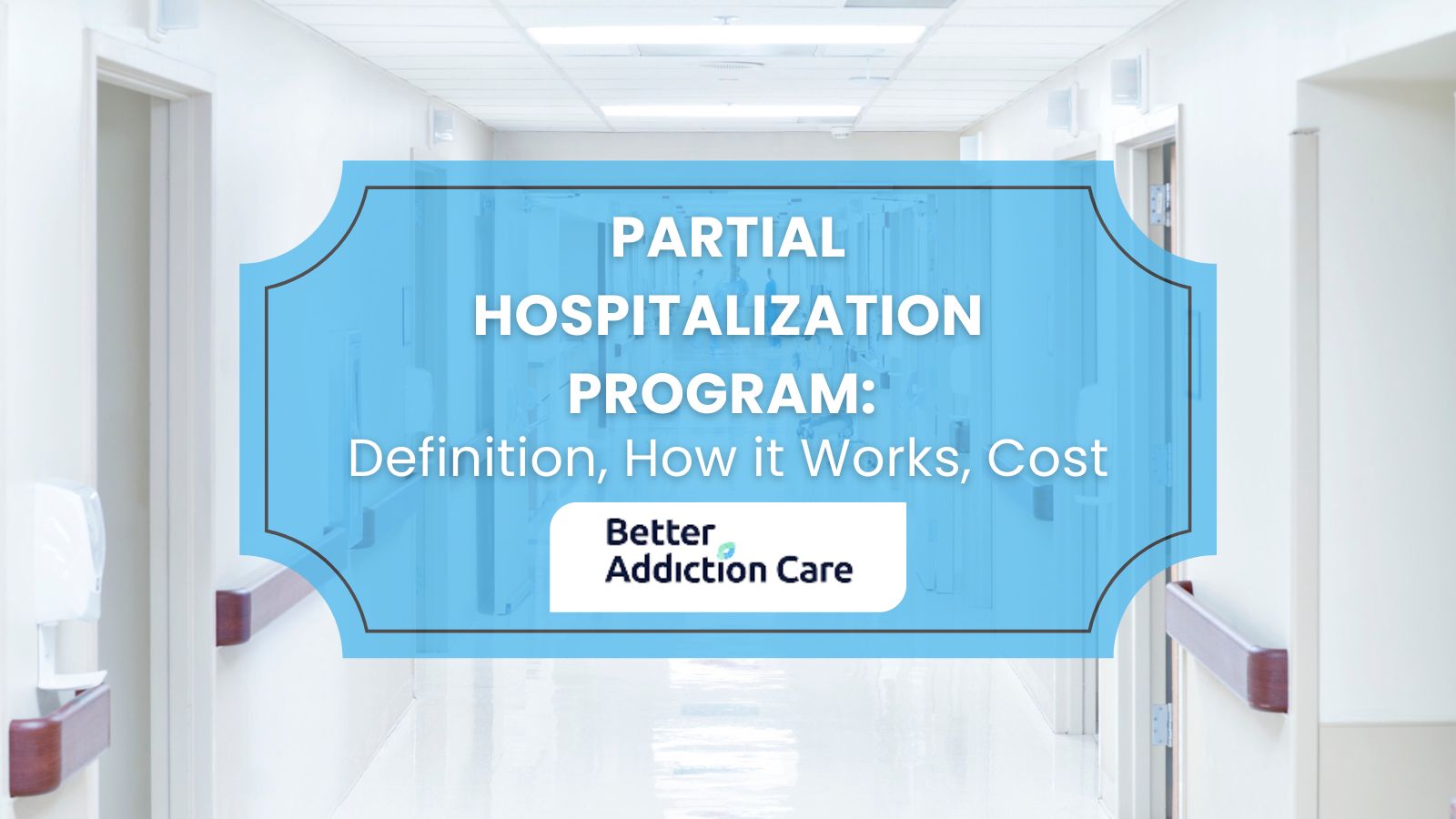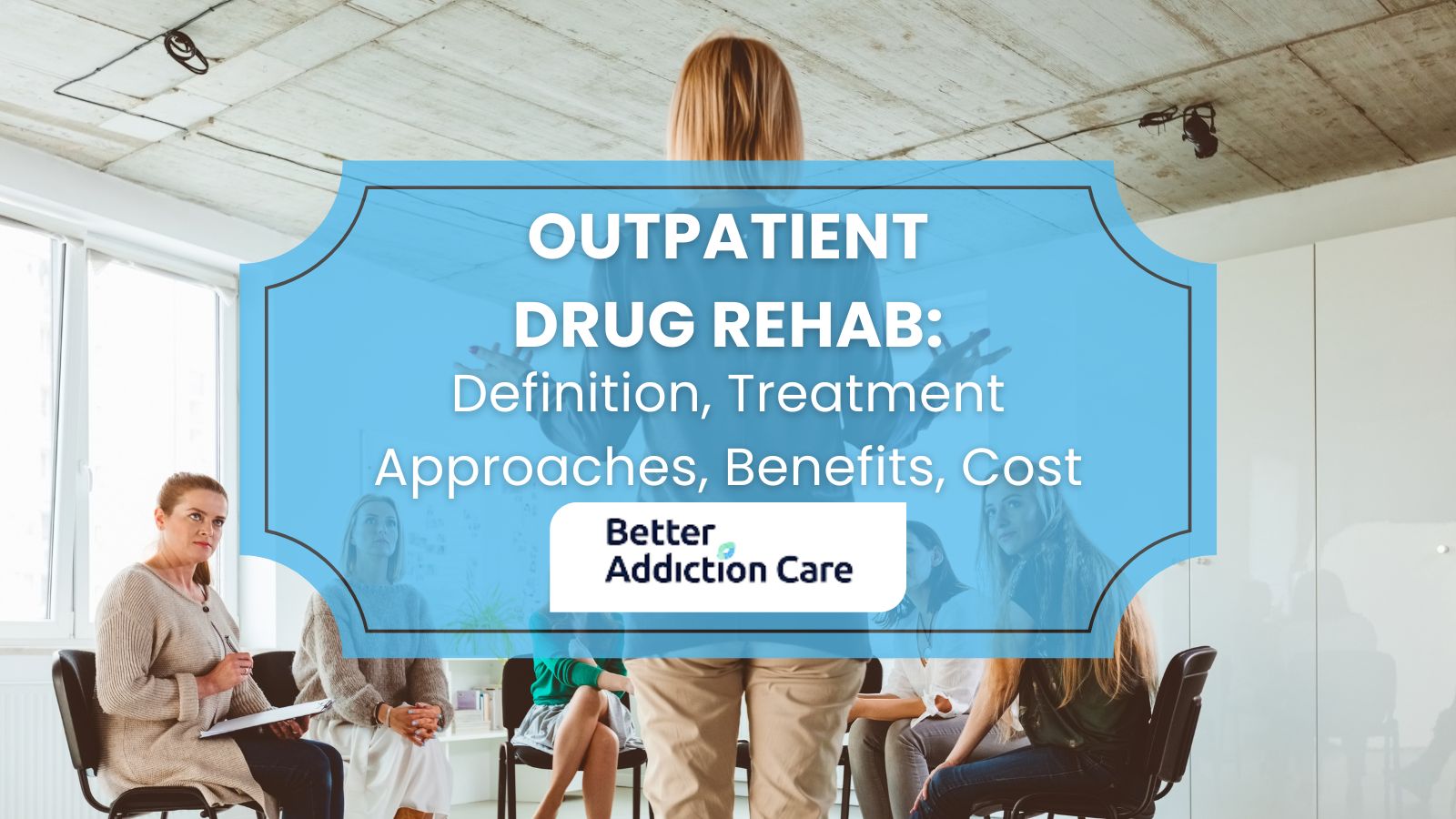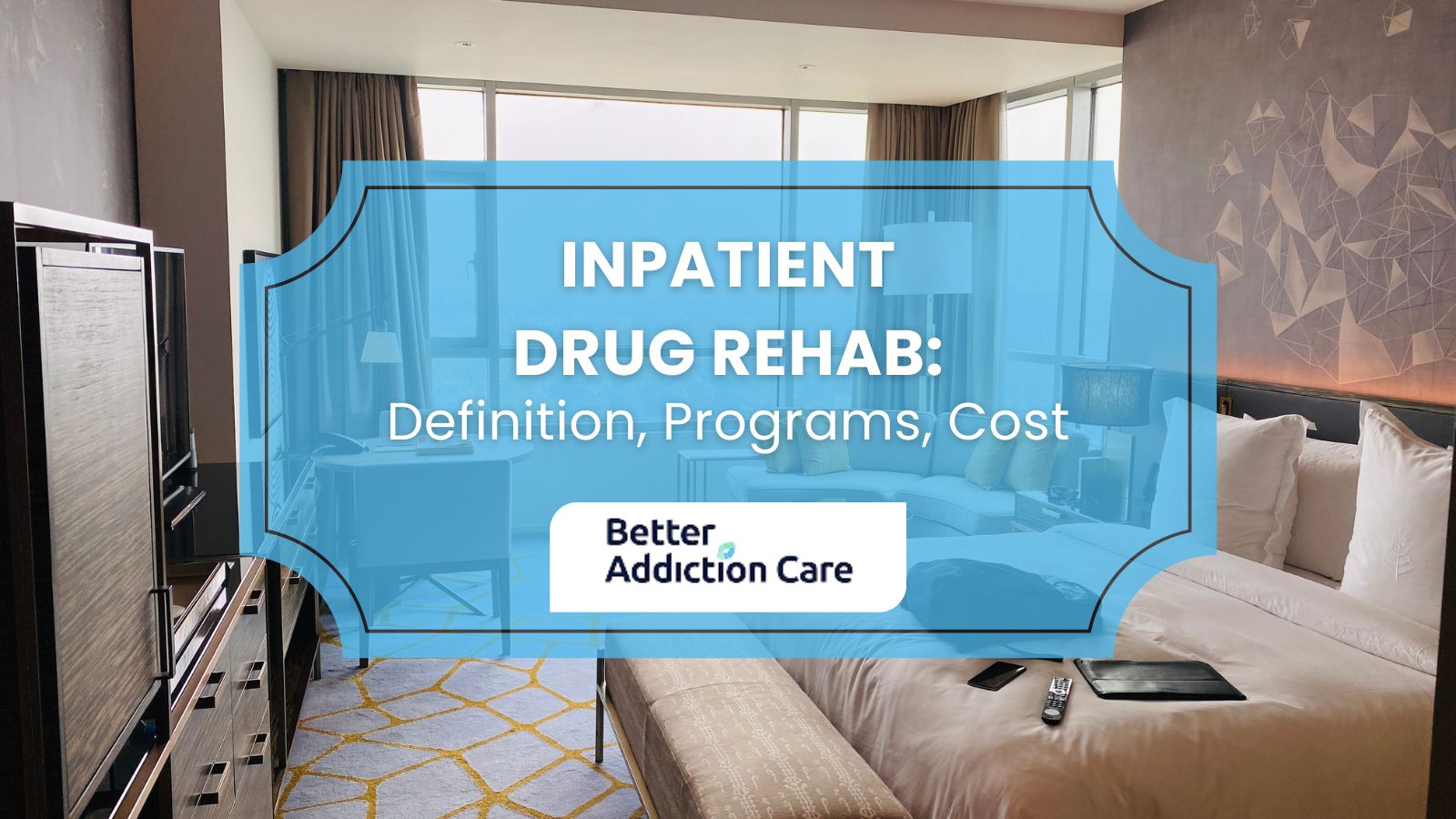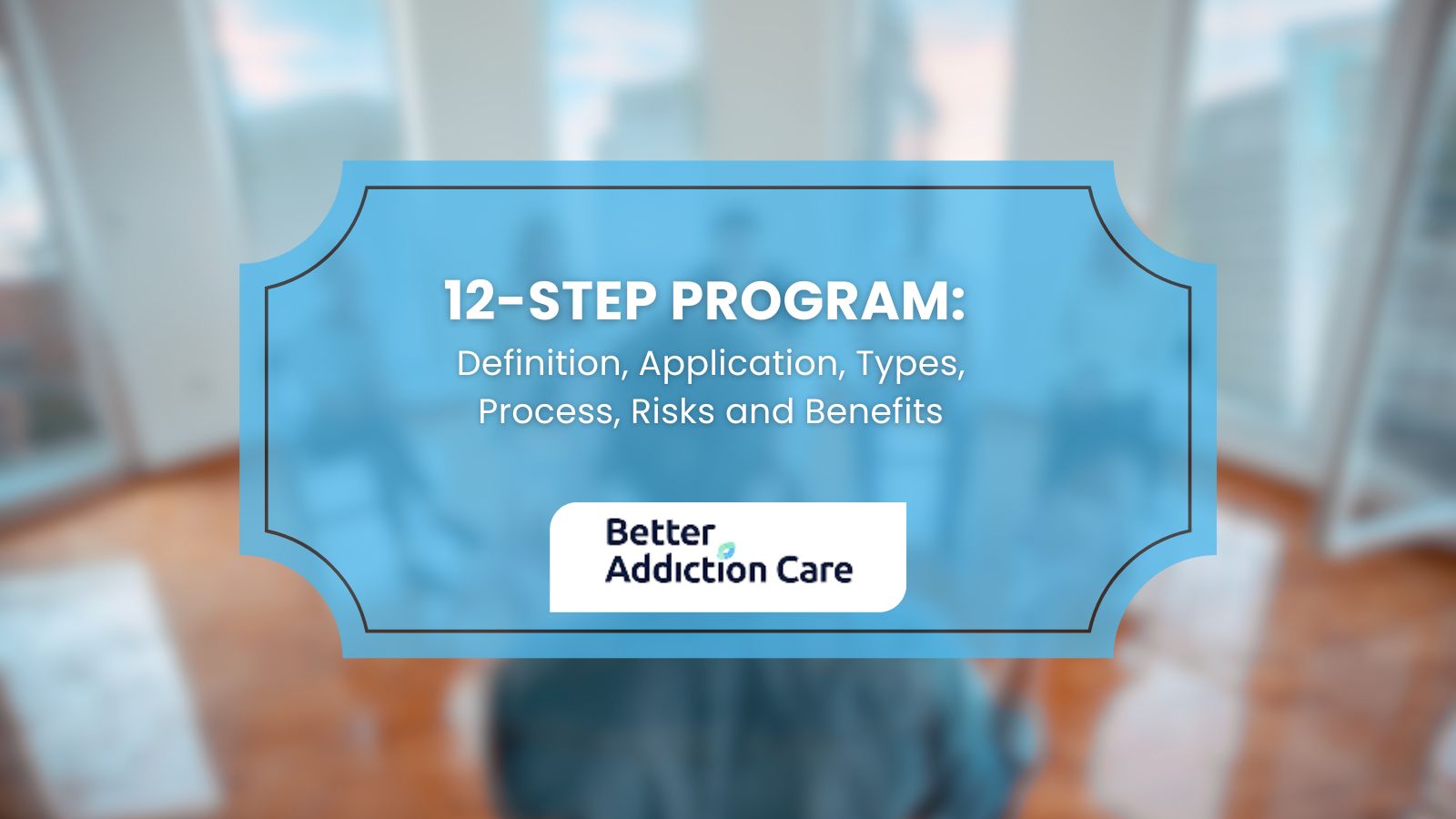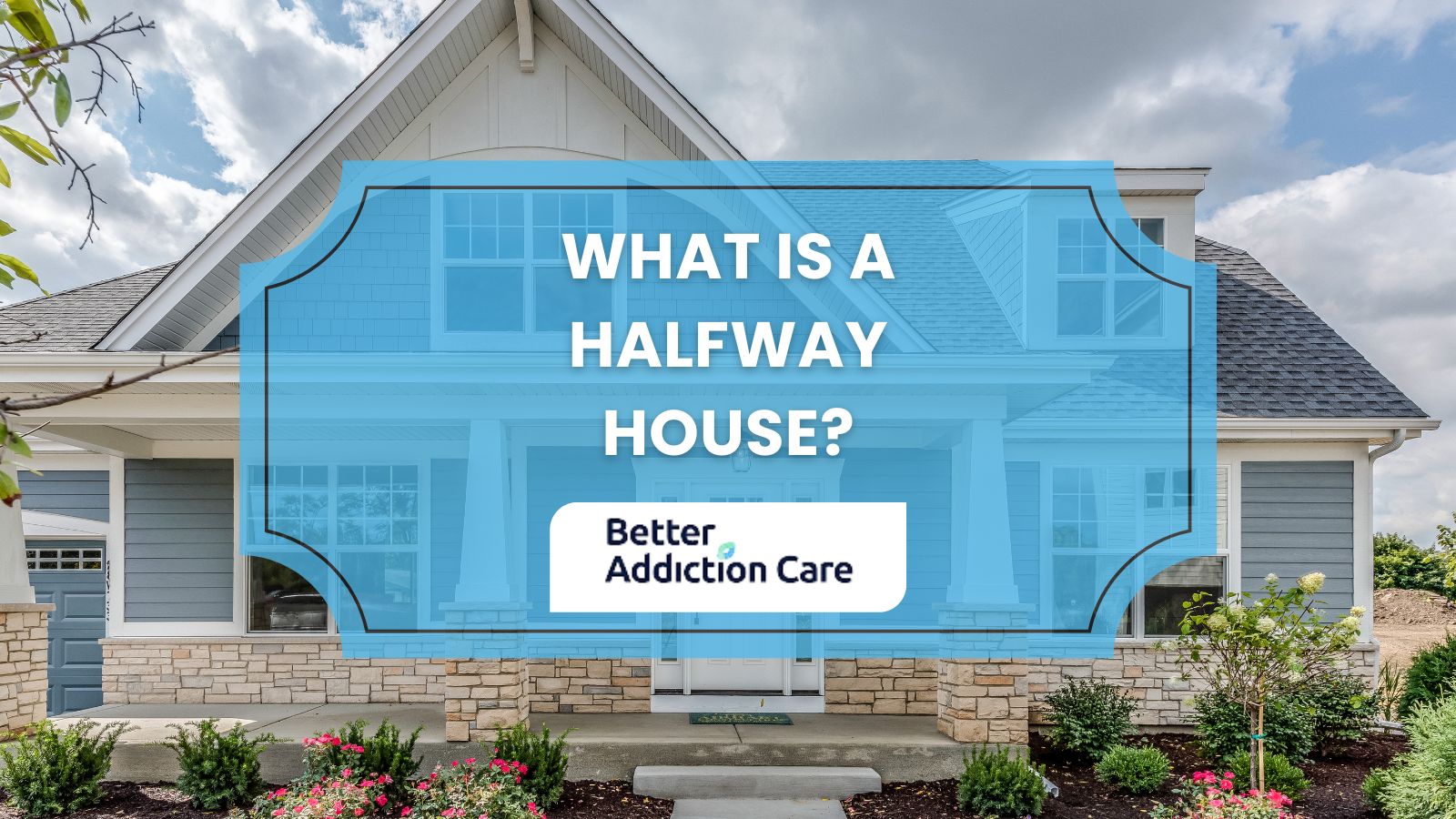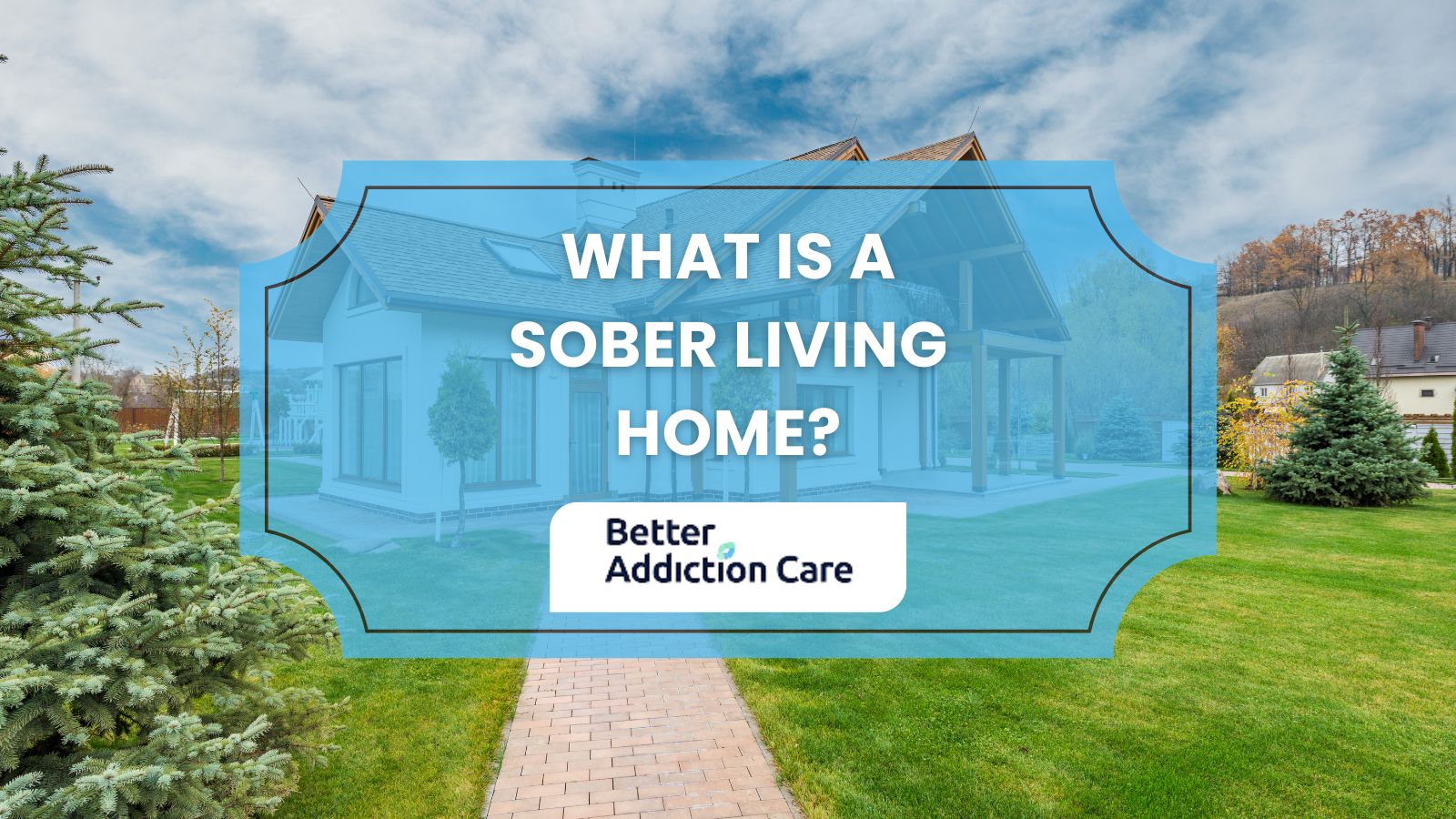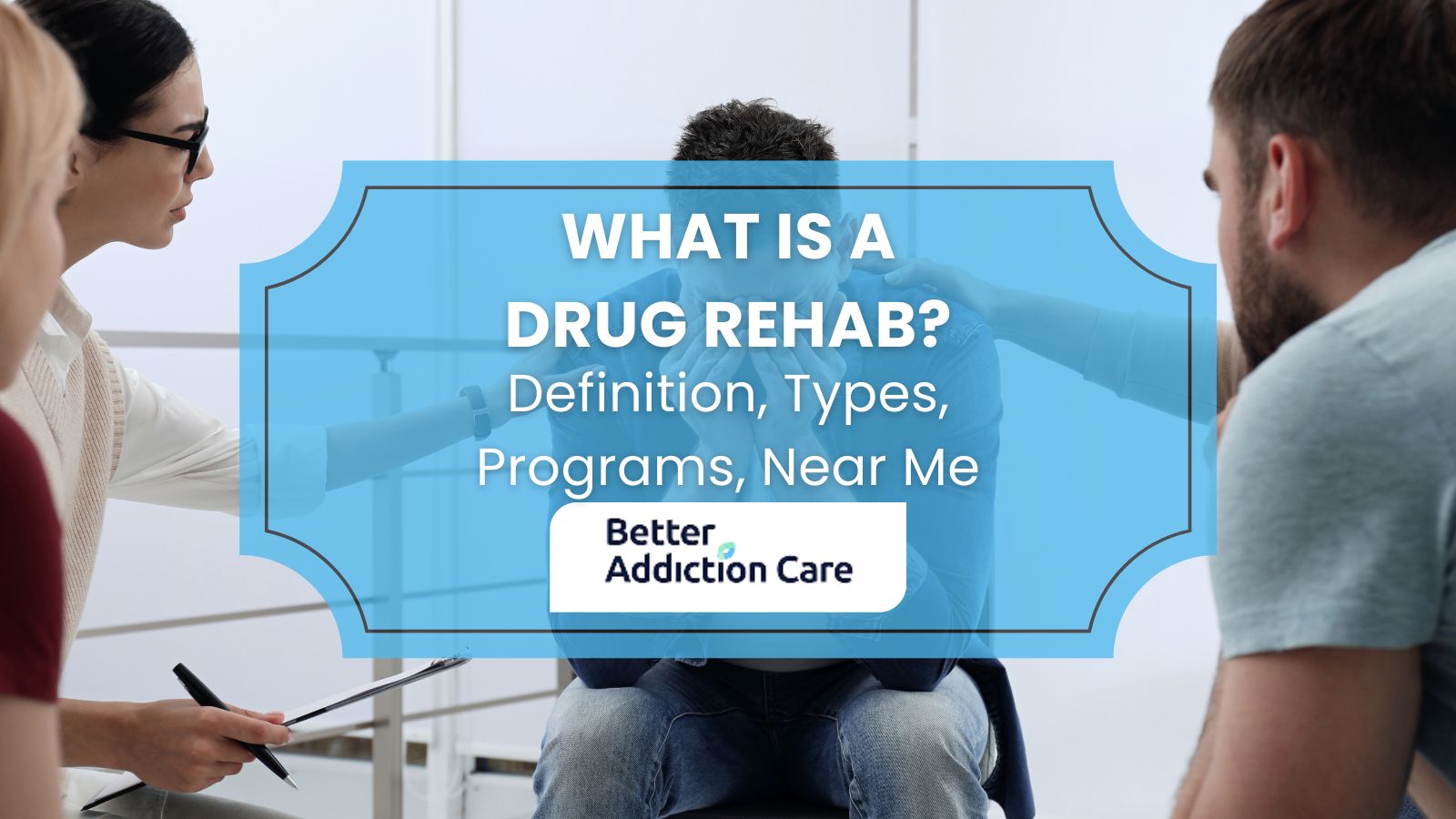
Overview
With an emphasis on offering outpatient and aftercare programs, Pathways, a drug rehab facility in Newnan, Georgia, provides thorough treatment for both adults and young people. Children and teenagers may also access specialized services, guaranteeing that everyone can get the care they need. Numerous services are offered by the outpatient program, including psychosocial treatment, education courses, career coaching, peer support groups, family conferences, individual and group counseling, and peer support programs. With the use of research-proven techniques like motivational interviewing and cognitive behavioral therapy (CBT), Pathways gives clients the skills they need to beat addiction, create successful relapse prevention plans, and achieve long-term recovery. Clinical care is given as required to assist each client's healing process, including medication management.
Pathways is dedicated to giving its graduates continued assistance and care. To better meet their requirements, clients experiencing crises or those with more severe instances could be admitted to inpatient hospitals for detoxification programs. Every step of the healing process is met with the right kind of assistance thanks to this continuum of care. The facility may be in-network with providers such as Aetna, Beacon, BlueCross/BlueShield, Cigna, Humana, Optum, and Wellpoint; however, customers should confirm their coverage since out-of-network benefits may differ. Financial alternatives such as self-pay and financing are available.
The Outpatient Treatment program at Pathways Center complies with ASAM Level 0.5 and Level 1 requirements and offers a variety of mental health and drug misuse therapies. These services include mental health therapy, medication management, family, group, and individual counseling, as well as nursing care. The program is made to be all-inclusive, well-coordinated, and flexible enough to meet each person's needs for varied degrees of care, as determined by their evaluation. Diverse needs, including social pressures, family dynamics, interpersonal interactions, mental health issues, psychiatric diseases, drug use disorders, and trauma recovery, are addressed by outpatient treatments.
In order to provide services to a larger population within its 10-county service area, The Pathways Center provides its outpatient treatment programs in six of the counties it serves. These programs may be offered in a community or clinic environment, depending on the requirements of the client. Offering a structured but adaptable approach to rehabilitation, they are available to qualified persons who are at least eighteen years old or emancipated minors who satisfy the basic consumer requirements.
Additionally, people with severe and chronic mental illness or co-occurring drug use disorders may get goal-oriented, tailored treatment via Pathways' ADA Case Management program. With the help of this program, participants will get the care coordination, environmental support, and skills needed to become more independent and stable in their everyday lives. The services, which are provided in collaboration with the individuals they are intended for, consist of continuous evaluations, support for everyday life skills, outreach, building social networks, and connections to housing and transportation options. Creating an atmosphere that supports healing, self-efficacy, and symptom reduction is the aim.
Additionally, Pathways provides evidence-based Assertive Community Treatment (ACT) to people with chronic and severe mental illness who have not reacted effectively to conventional mental health care. ACT offers community-based, round-the-clock treatments with an emphasis on fostering relationships, promoting social inclusion, and assisting people in establishing stable lives. The ACT Team ensures that treatment is both intense and rehabilitative by providing services directly in the recipient's natural setting. Based on the preferences and objectives specified in each client's Individualized Recovery Plan (IRP), each client's therapy is customized specifically for them.
The Commission on Accreditation of Rehabilitation Facilities (CARF) has accredited Pathways, certifying that it maintains high standards of care and is dedicated to ongoing development in order to provide efficient, customized therapy to its patients.
Pathways Center - Coweta County at a Glance
Payment Options
- Cash or self-payment
- Medicaid
- Medicare
- State-financed health insurance plan other than Medicaid
- Private health insurance
Assessments
- Screening for tobacco use
- Comprehensive mental health assessment
- Comprehensive substance use assessment
Age Groups
- Young adults
- Children/adolescents
- Adults
- Seniors
- Adolescents
Ancillary Services
- Assertive community treatment
- Case management service
- Court-ordered outpatient treatment
- Illness management and recovery
- Psychosocial rehabilitation services
Highlights About Pathways Center - Coweta County
6.77/10
With an overall rating of 6.77/10, this facility has following balanced range of services. Alcohol Rehabilitation: 8.00/10, Drug Rehab and Detox: 6.00/10, Insurance and Payments: 6.00/10, Treatment Options: 7.09/10.-
Alcohol Rehabilitation 8.00
-
Treatment Options 7.09
-
Drug Rehab and Detox 6.00
-
Insurance and Payments 6.00
Accreditations
Commission on Accreditation of Rehabilitation Facilities (CARF):

CARF accreditation is a prestigious recognition granted to rehabilitation and human service organizations. It signifies that an organization meets high-quality standards, having undergone a rigorous evaluation process. CARF accreditation boosts an organization's credibility and ensures top-notch care for individuals with disabilities, injuries, or healthcare needs.
Treatment At Pathways Center - Coweta County
Treatment Conditions
- Alcoholism
- Mental health treatment
- Substance use treatment
- Co-occurring Disorders
- Opioid Treatement
Care Levels
- Outpatient
- Detoxification
- Outpatient detoxification
- Hospital inpatient/24-hour hospital inpatient
- Hospital inpatient detoxification
Treatment Modalities
- Couples/family therapy
- Group counseling
- Cognitive behavioral therapy
- Integrated Mental and Substance Use Disorder treatment
- Telemedicine/telehealth therapy
Ancillary Services
Languages
- Sign language services for the deaf and hard of hearing
Special Programs
- Clients with co-occurring mental and substance use disorders
- Children/adolescents with serious emotional disturbance (SED)
Contact Information
Read our Most Recent Article About Drug Addiction
DISCLAIMER: The facility name, logo and brand are the property and registered trademarks of Pathways Center - Coweta County, and are being used for identification and informational purposes only. Use of these names, logos and brands shall not imply endorsement. BetterAddictionCare.com is not affiliated with or sponsored by Pathways Center - Coweta County.
